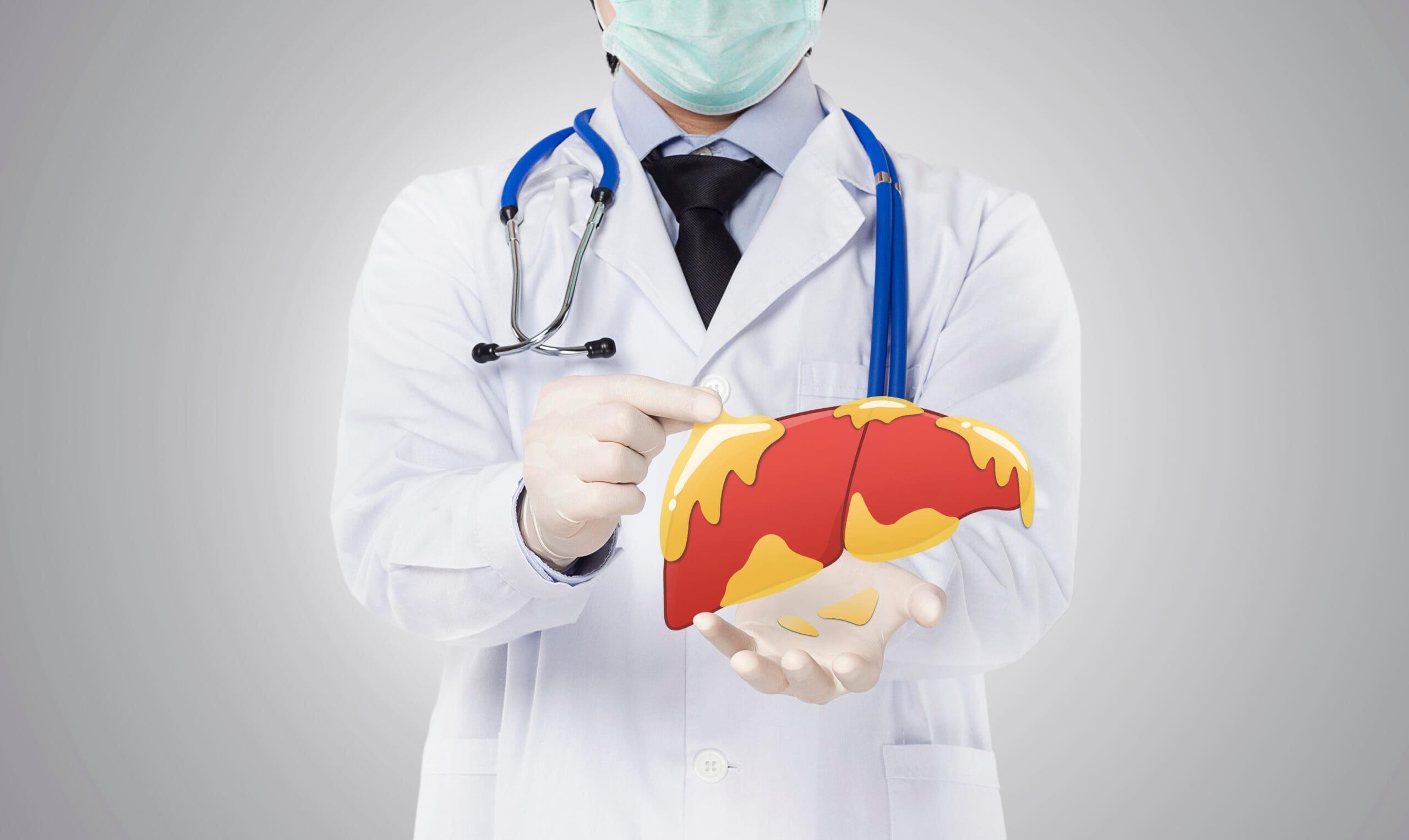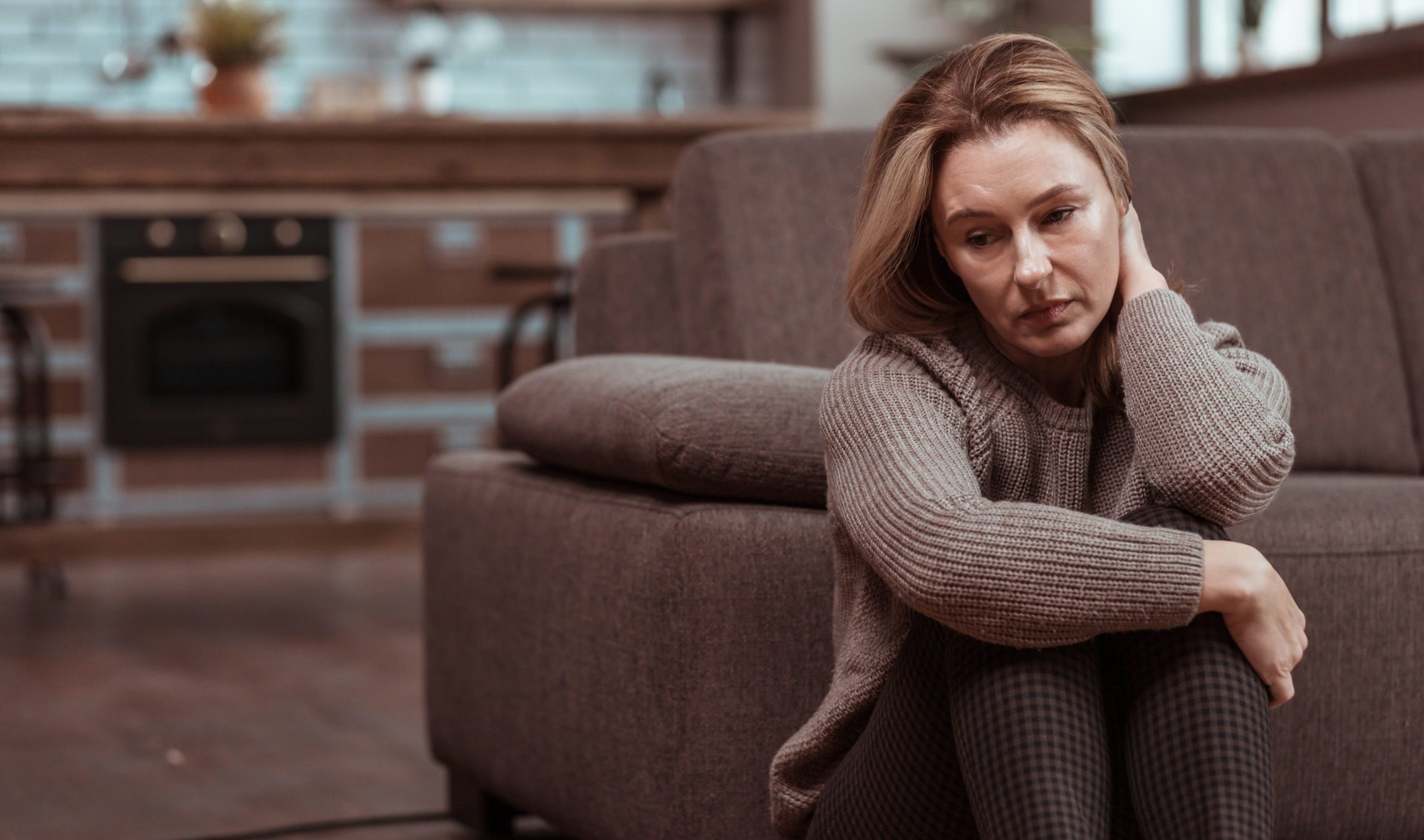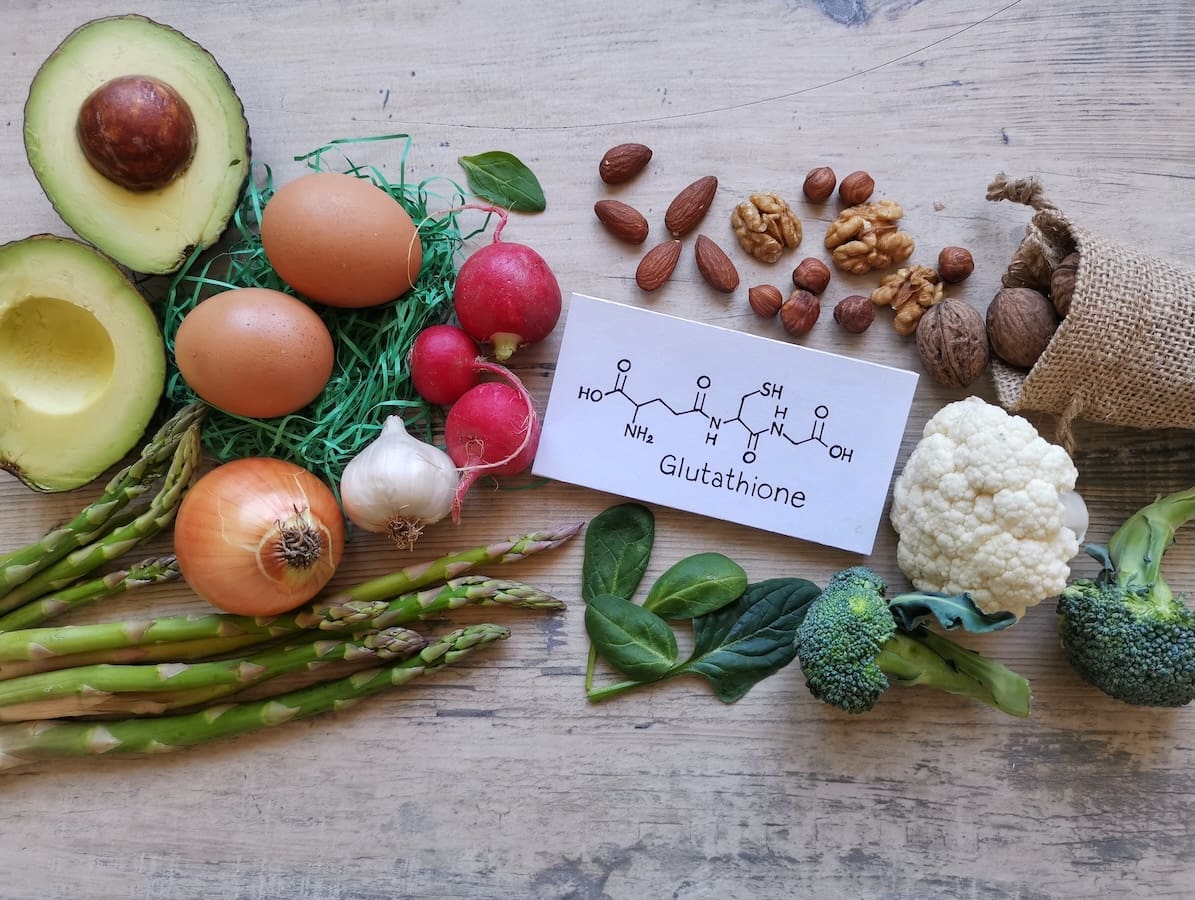Small intestinal bacterial overgrowth can cause poor mental health
By naturopath Margaret Jasinska
Small Intestinal Bacterial Overgrowth (SIBO) is a common gut condition. Recent research shows SIBO can interfere with mental health, raising the risk of anxiety. Improving gut health can lead to a calmer mood.
What is SIBO?
SIBO is defined as an increased number and/or abnormal types of bacteria in the small intestine. The condition encompasses yeast overgrowth such as Candida too. There is not supposed to be a lot of microbes in your small intestine. This part of your intestine is designed for nutrient digestion and absorption. Most of the bugs in your gut are supposed to live in your colon (large intestine).
Possible symptoms of SIBO
How would you know if you have SIBO? The majority of the symptoms are digestive, however, as you can see in this list, SIBO can adversely affect your mental health and overall health as well:
- Bloating
- Abdominal pain after eating
- Nausea
- Gas (burping or flatulence)
- Constipation
- Fatigue
- Diarrhoea
- Anxiety
- Low mood
- Foggy brain and poor motivation
- Muscle cramps, spasms or restless legs syndrome. Muscle cramps and spasms are usually caused by magnesium deficiency due to malabsorption. Iron deficiency and vitamin E deficiency are strongly correlated with restless legs syndrome as well
- Joint pain
- Fibromyalgia
- Multiple food sensitivities
- Inflammation of the liver (raised liver enzymes)
- Skin problems, including eczema, acne rosacea, rashes or itchy skin.
- Strong sugar or carbohydrate cravings. The excess bacteria and yeast in the small intestine want to be fed. They need carbohydrate in order to survive, so you’re likely to have big cravings for these foods.
Microbial overgrowth in the small intestine can cause leaky gut
The lining of the small intestine is fragile. It is not designed to tolerate large numbers of microbes. That means the cell lining of the small intestine can get damaged, leading to increased permeability of the intestinal barrier. This condition is known as leaky gut. Leaky gut can amplify SIBO symptoms and give rise to food allergies or sensitivities, autoimmune disease, inflammation and lowered immunity.
What causes SIBO?
How does the bacteria end up in your small intestine? It can either travel upwards from your colon, or downwards from your mouth. The far more common scenario is where the bugs travel up from your large intestine.
The bacteria present in SIBO are not necessarily bad bacteria, like the ones that cause gastroenteritis or food poisoning. The problem is, the bacteria are just in the wrong place. Having too much bacteria here can make you feel bloated and it can cause symptoms of irritable bowel syndrome. New research has shown that many cases of irritable bowel syndrome are actually caused by SIBO.
Most people with SIBO do not produce sufficient stomach acid, digestive enzymes or bile. This means food doesn’t get digested thoroughly and scraps are left behind, encouraging microbial growth. Increasing the amount of stomach acid, enzymes and bile in the digestive tract helps to prevent and treat SIBO. These can be taken in supplement form.
Studies have shown that having an altered gut microbiome can be a cause of anxiety or depression. Specific research even suggests that certain strains of bacteria promote poor mental health when present in high numbers. Having an inflamed gut, or an imbalance between good and bad bugs can lead to increased anxiety. Good gut bugs have the ability to produce neurotransmitters that improve mood. It is important to avoid eating foods that encourage the growth of the wrong bugs in the wrong location of the gut. These include sugar, refined carbohydrate and some food additives, especially preservatives and emulsifiers. Having a diet based on meat, seafood, poultry, eggs, vegetables and natural fats helps to keep the gut lining healthy and doesn’t encourage SIBO.
Tyrosine Pure Mood Food powder is an amino acid that helps support the synthesis of neurotransmitters and supports a healthy stress response.
BactoClear capsules are a natural herbal antimicrobial that helps to reduce the symptoms of medically diagnosed irritable bowel syndrome.
References:
Clapp, M., Aurora, N., Herrera, L., Bhatia, M., Wilen, E., & Wakefield, S. (2017). Gut microbiota’s effect on mental health: the gut-brain axis. Clinics and practice, 7(4), 131-136.
Pimentel, M., Saad, R. J., Long, M. D., & Rao, S. S. (2020). ACG clinical guideline: small intestinal bacterial overgrowth. American Journal of Gastroenterology, 115(2), 165-178.
Quigley, E. M., Murray, J. A., & Pimentel, M. (2020). AGA clinical practice update on small intestinal bacterial overgrowth: expert review. Gastroenterology, 159(4), 1526-1532.
Leite, G., Morales, W., Weitsman, S., Celly, S., Parodi, G., Mathur, R., … & Pimentel, M. (2020). The duodenal microbiome is altered in small intestinal bacterial overgrowth. PloS one, 15(7), e0234906.









Leave A Comment